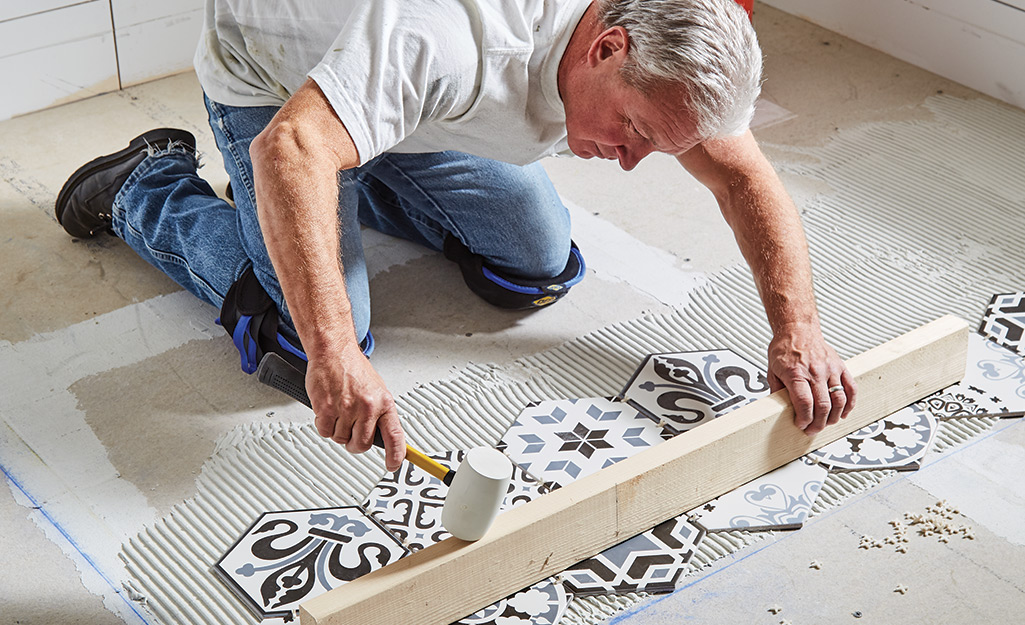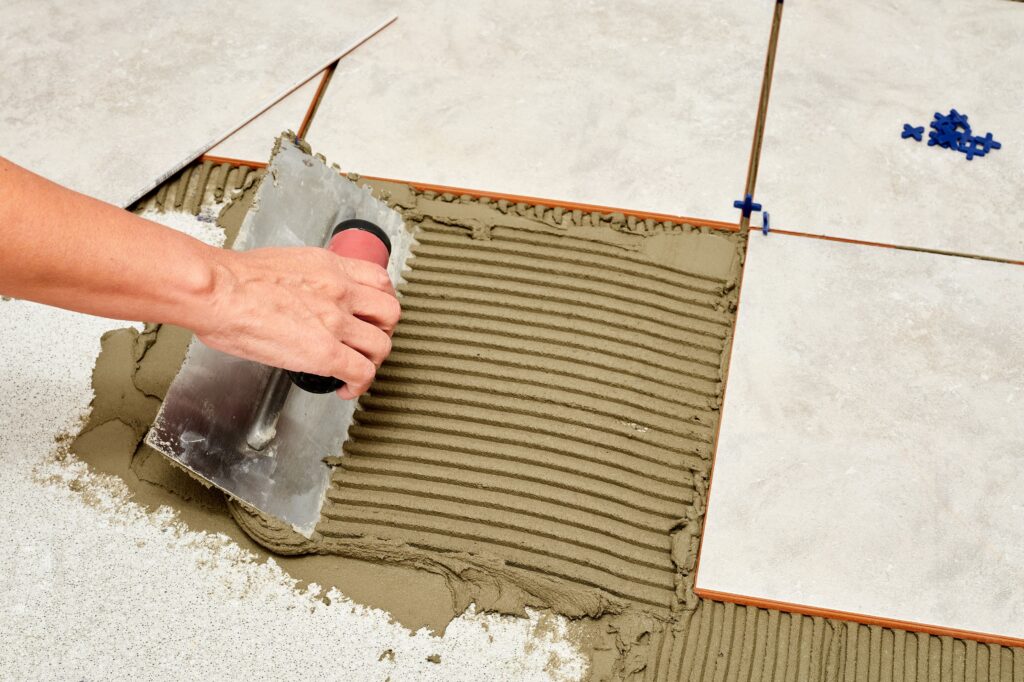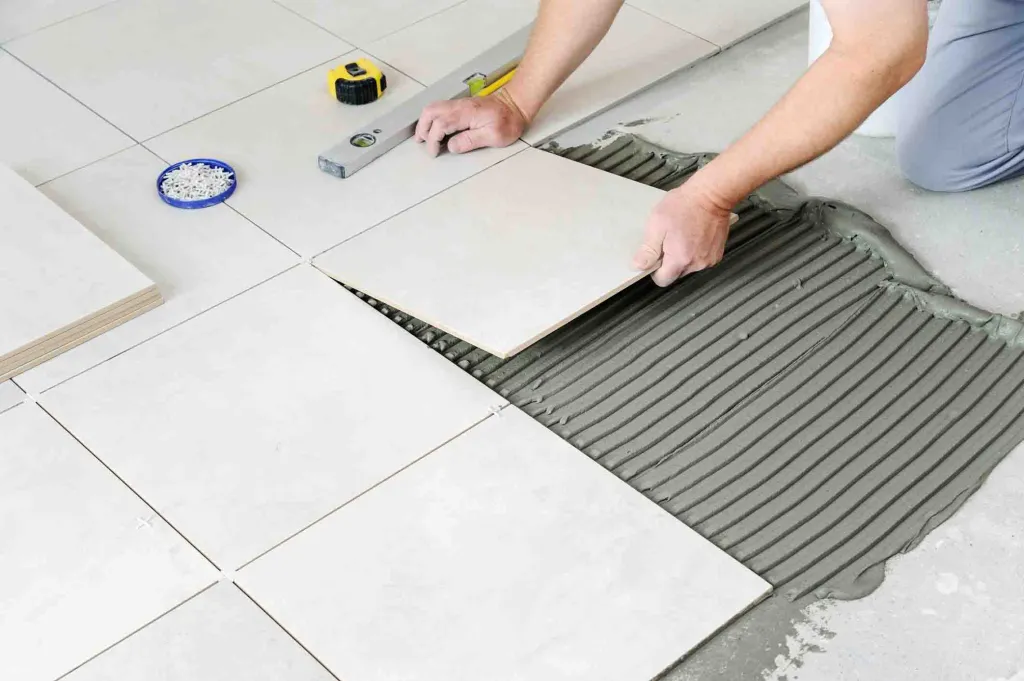Tiles are one of the most popular and versatile materials for decoration. It is characterized by durability, a variety of designs and ease of care. However, choosing the right tile for different rooms is not the easiest task.
Types of tiles: which are suitable for different conditions
Before Install tile, it is important to understand its varieties and characteristics. This will allow you to choose the most suitable option for each room.
- Ceramic tiles are the most popular type for the home. It is made from a mixture of clay and other natural materials. It is perfect for the kitchen and bathroom due to its moisture resistance.
- Porcelain stoneware is stronger than ceramic tiles, wear–resistant and almost does not absorb moisture. It is ideal for rooms with high traffic, such as corridors and hallways.
- Mosaic – small tiles, most often ceramic or glass, which, when laid, create an original pattern. The mosaic looks great in the kitchen, in the bathroom and even in the pool.
- Clinker tile – has increased strength and resistance to temperature changes, which makes it indispensable for outdoor terraces and balconies.
- Glass tile – adds shine and depth. It is resistant to moisture and does not require complex maintenance, so it is suitable for decorating walls in the bathroom and kitchen.

Kitchen: dirt-resistant tiles
The kitchen is a place where tiles are exposed not only to moisture, but also to grease, dirt and high temperature. Therefore, when choosing tiles for the kitchen, pay attention to the following parameters:
- Wear resistance. It is better to choose porcelain stoneware or durable ceramic tiles for the floor.
- Resistance to pollution. Glossy tiles look beautiful, but require more frequent maintenance, as stains are visible on them.
- Resistance to chemicals. The tiles in the kitchen are often cleaned, and it is better that the material is resistant to aggressive detergents.
Tip: when laying tiles in the kitchen, for example, in the apron area, it is important to take into account that the material should easily withstand the effects of hot steam and drops of fat.
Bathroom: moisture resistance and safety
In the bathroom, tiles are constantly in contact with water and high humidity, so choose moisture-resistant materials. Also think about safety: slippery tiles can cause injury.
- Moisture resistance. In the bathroom, it is better to use porcelain stoneware or high-quality ceramic tiles.
- Anti-slip surface. The bathroom floor should be safe. Matte or structured tiles on the floor will reduce the risk of slipping.
- Resistance to mold and mildew. In the bathroom, it is recommended to choose tiles with a water-repellent coating to reduce the risk of mold formation.
In addition, the mosaic will be an excellent solution for the shower area – it has a good adhesion to the surface and adds stylish accents to the interior.

Hallway and hallway: durability and ease of care
Tiles in the hallway and hallway must withstand loads, as this is a high-traffic area and is often polluted with street dirt. It is important to choose a wear-resistant material, for example, porcelain stoneware or clinker tiles. When laying tiles in the hallway, you can add warm shades that will create a cozy look at the entrance.
The main characteristics of tiles for the corridor:
- Wear resistance – the wear resistance class of the tile must be high so that it retains its appearance for a long time.
- Easy to care for – dirt and water on the floor in the hallway should not be a problem, so the tiles should be easy to clean.
- Shoe resistance – it is important that the tile does not scratch from contact with shoes and does not deform.
Tiling is a process that requires careful approach and patience. With proper preparation and selection of suitable materials, the result will last you for many years.

